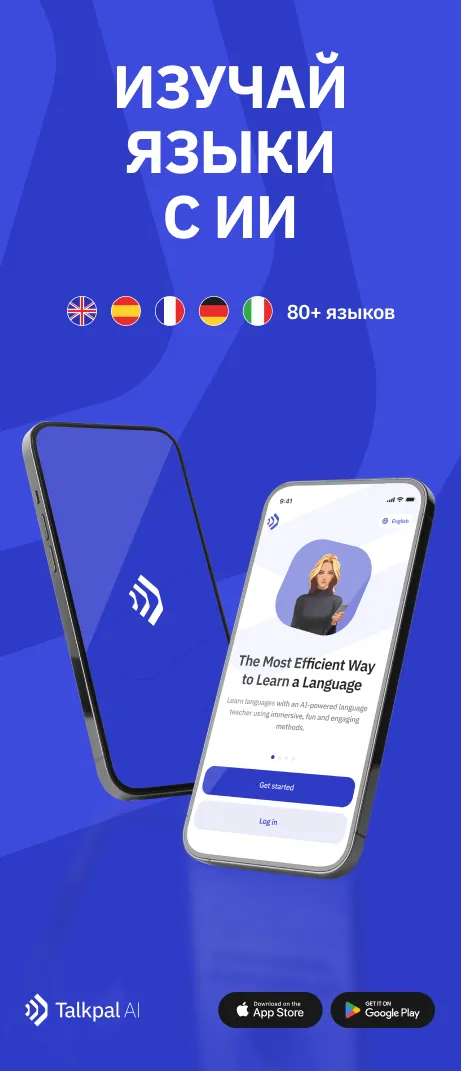Структура Future Perfect Simple включает вспомогательный глагол «will have» и основной глагол в третьей форме (прошедшее время). Чтобы лучше усвоить это время, применять его в речи и понимать его использование в текстах, вам предстоит выполнить упражнения на заполнение пропусков в предложениях. Это поможет закрепить знания и научиться правильно строить предложения в Future Perfect Simple.
Упражнение 1. Заполните пропуски, используя Future Perfect Simple.
By the time you arrive, they *will have left* (leave).
She *will have finished* (finish) her report by 5 o’clock tomorrow.
I *will have turned* (turn) 30 by the time I get my degree.
They *will have completed* (complete) the construction before the deadline.
He *will have returned* (return) by the end of the week.
We *will have traveled* (travel) around the world by 2025.
You *will have spent* (spend) all your money if you keep shopping like this.
She *will have written* (write) ten books by the end of the year.
The movie *will have started* (start) by the time we get to the cinema.
We *will have moved* (move) to a new house by next month.
They *will have sold* (sell) out of tickets by tomorrow morning.
I *will have graduated* (graduate) by this time next year.
By 10 PM, I *will have been* (be) awake for 24 hours.
She *will have learned* (learn) Spanish before traveling to Argentina.
He *will have made* (make) a decision by the time you call him.
Упражнение 2. Определите правильную форму глагола в Future Perfect Simple.
By 2020, humans *will have landed* (land) on Mars.
By noon, I *will have cooked* (cook) all the meals for the party.
The kids *will have gone* (go) to bed by the time we get home.
She *will have taken* (take) her medicine by 8 AM.
We *will have reached* (reach) our fundraising goal by next week.
The train *will have left* (leave) the station by 7 AM.
You *will have heard* (hear) the news by the time it spreads.
By the end of the course, they *will have improved* (improve) their English significantly.
I *will have sent* (send) all the invitations by the end of the day.
They *will have announced* (announce) the winner before we arrive.
She *will have got* (get) her results before her birthday.
By the time you wake up, I *will have prepared* (prepare) breakfast.
He *will have finished* (finish) painting the room by tomorrow evening.
The scientists *will have published* (publish) their research by next month.
We *will have saved* (save) enough money to buy a car by the end of the year.










